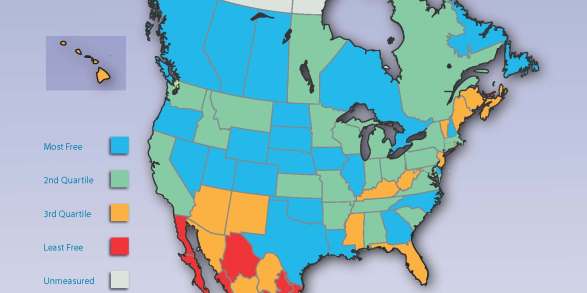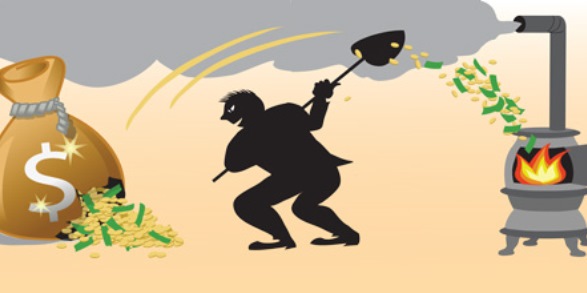One of the more persistent myths about prosperity is that it results purely from luck. Often, commentators credit the mere presence of oil, gas, potash and other natural resources for Western Canada’s recent (and presently fading) boom in investment, jobs and government revenues.
quebec
Carbon taxes are back on centre stage in Canada, after a new “bipartisan” Ecofiscal Commission came out in favour of the idea.
“We want Quebecers to pay less tax and taxes,” said Quebec’s premier Philippe Couillard, in advance of recommendations from a special panel tasked to make the province’s tax system more competitive. The window for change appears to be opening, and the premier’s statement is a positive sign.
Premier Couillard's government will table its first budget on June 4 and early signs suggest it's not going to be business as usual.
For decades, Quebec and its governments have been petulant and demanding. The tendency has been there since at least the first avowedly separatist Parti Quebecois government, elected in 1976. That habit continued regardless of the party in power, and of course, depending on the party, there was always the threat to separate.
There is nothing like an election to bring out the optimistic side in peopleand some mythmaking. In Quebec, recent attention focused on Premier Pauline Marois and her musings that if her party wins the provincial election, and if separation one day occurs, that Quebec would keep the Canadian dollar, seek a seat on the Bank of Canada, and that Quebecois might have dual citizenship.



